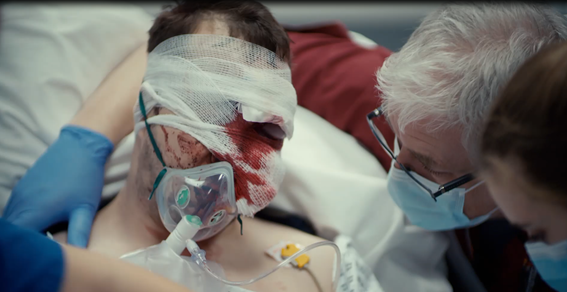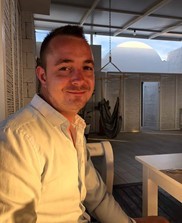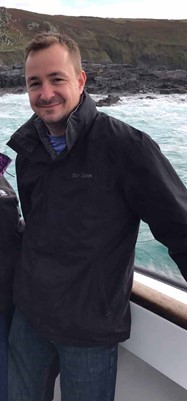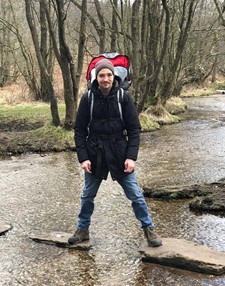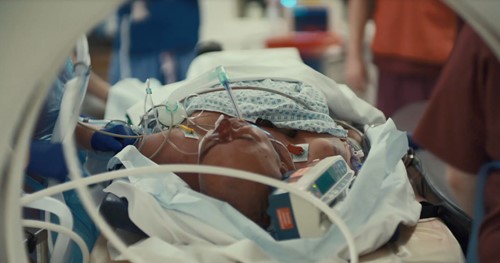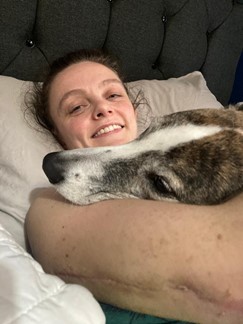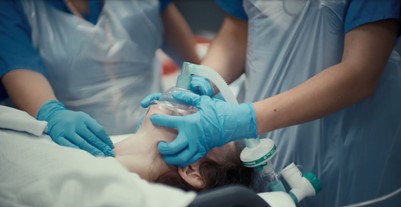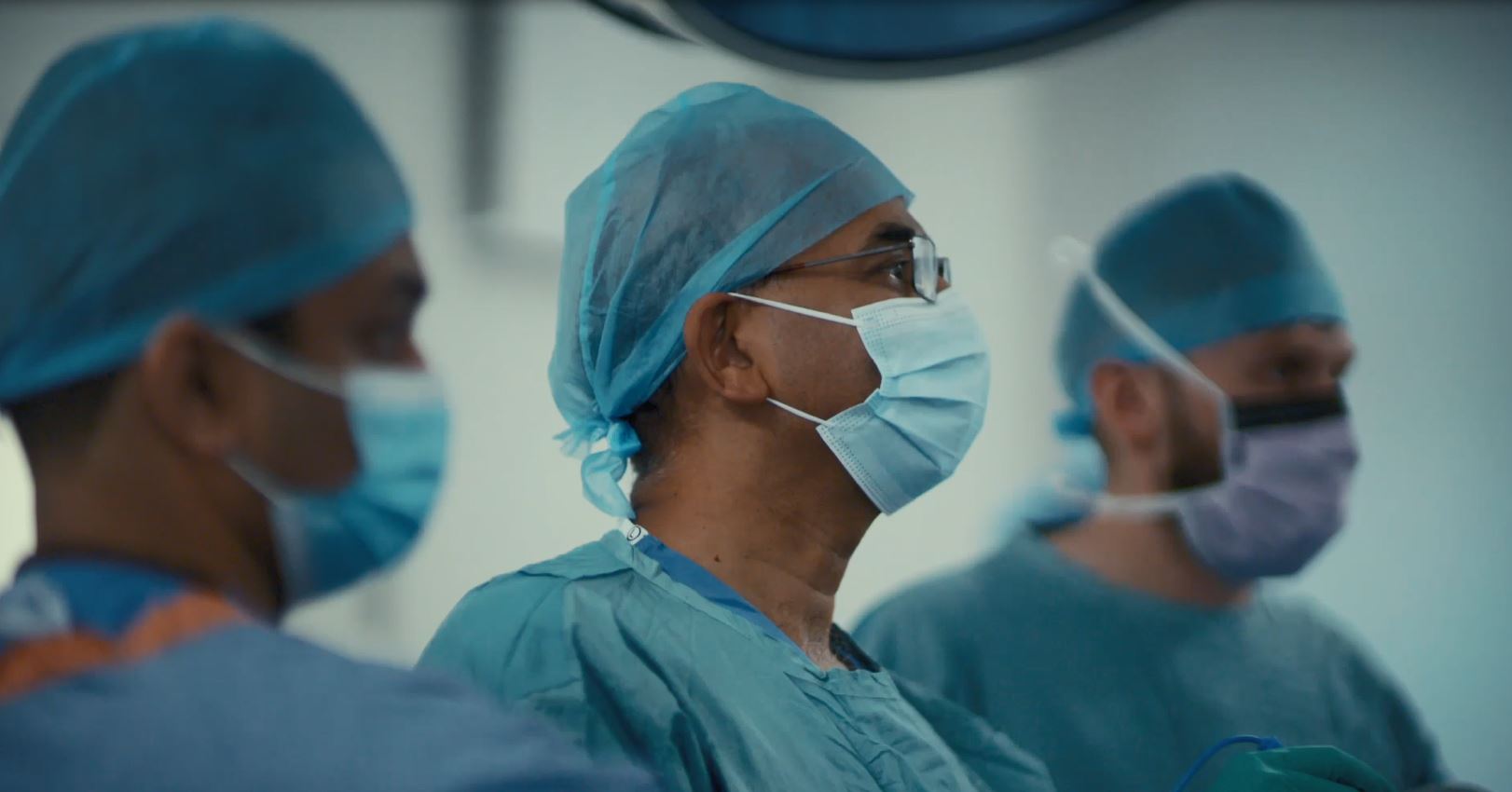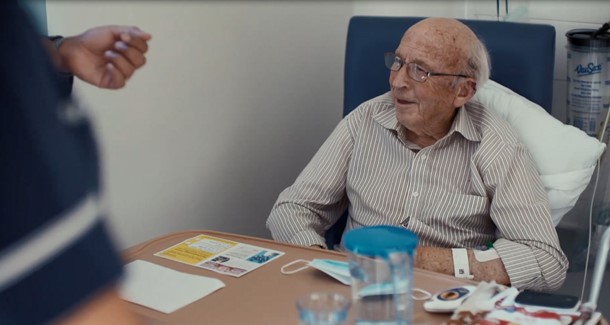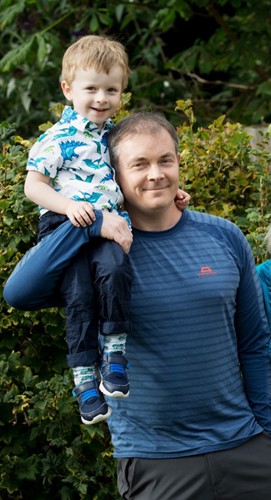
The wife of a Chester architect who suffered a fatal head injury after falling down the stairs today urged more people to sign up for the NHS Organ Donor Register after viewers watched his story on Channel 5’s 999:Critical Condition, filmed at University Hospitals of North Midlands.
Father of one Stuart Hadfield, of Wrexham, North Wales was rushed to the Major Trauma Centre at Royal Stoke University Hospital last year after he fell down the stairs at his family home banging his head on quarry tiles.
Today his wife Elaine said: “I knew something was wrong because I was trying to call him and there was no reply. He was home alone with our four-year-old son so I knew he should be in and couldn’t understand why he wasn’t answering. I asked a friend to go round and check because I was 45 minutes away and they found him at the bottom of the stairs.
“The ambulance arrived and then the air ambulance and my mother-in-law and I followed by car but despite everything he never regained consciousness.”
She added that Stuart was a keen adventurer and sportsman and had climbed to Everest Base Camp and had sailed for Wales.
“He owned his own business, was super intelligent and did a lot of extreme sports so it was such a surprise that he died by falling down the stairs. He was a fabulous dad to our son Harvey who was just a week away from starting school when the accident happened. Thankfully, Harvey is doing really well and we talk about his dad every day,” Elaine said.
She added that the doctors and organ donation team at Royal Stoke explained everything about organ donation and that Stuart had actually registered a number of times.
“We were both supportive of organ donation and it wasn’t a difficult decision for his mum and I at all.
“I know that he has saved and helped improve numerous lives specifically two children who had a kidney each and a man who had a double lung transplant. It would be lovely to hear from them but it’s not been a year yet so maybe one day.”
Dr Paul Hancock, Emergency Medicine Consultant and ED Clinical Lead for Organ Donation said: “Every day we treat people with life threatening or life changing injuries and the whole team do their best to ensure our patients survive. Sadly in some cases there is nothing we can do but from one family’s tragedy it is possible to transform and save the lives of many others as Stuart did. It is an amazing gift to give back and I would urge people to talk to their loved ones and let people know their decision.”
Becci Journet and Kirsty Lazenby, specialist nurses for organ donation, at NHS Blood and Transplant and based at UHNM, said: “It’s our job to support the families of patients who die in circumstances where it is possible for them to become organ donors. Like Stuart, sadly many of these deaths are sudden and unexpected. The fact that Stuart and Elaine had already spoken to each other about their support for organ donation, made it much easier for his family, knowing it was what he wanted. Thanks to the incredible generosity of Stuart, and the courage and strength of his family, he was able to save the lives of three people. We urge everyone reading this story to take a moment and register their decision on the NHS Organ Donor Register and share their decision with friends and family. Each donor can save up to nine lives."
If you would like to know more about organ donation or to register your decision, please visit www.organdonation.nhs.uk, call 0300 123 23 23 or use the NHS
